Premium Only Content
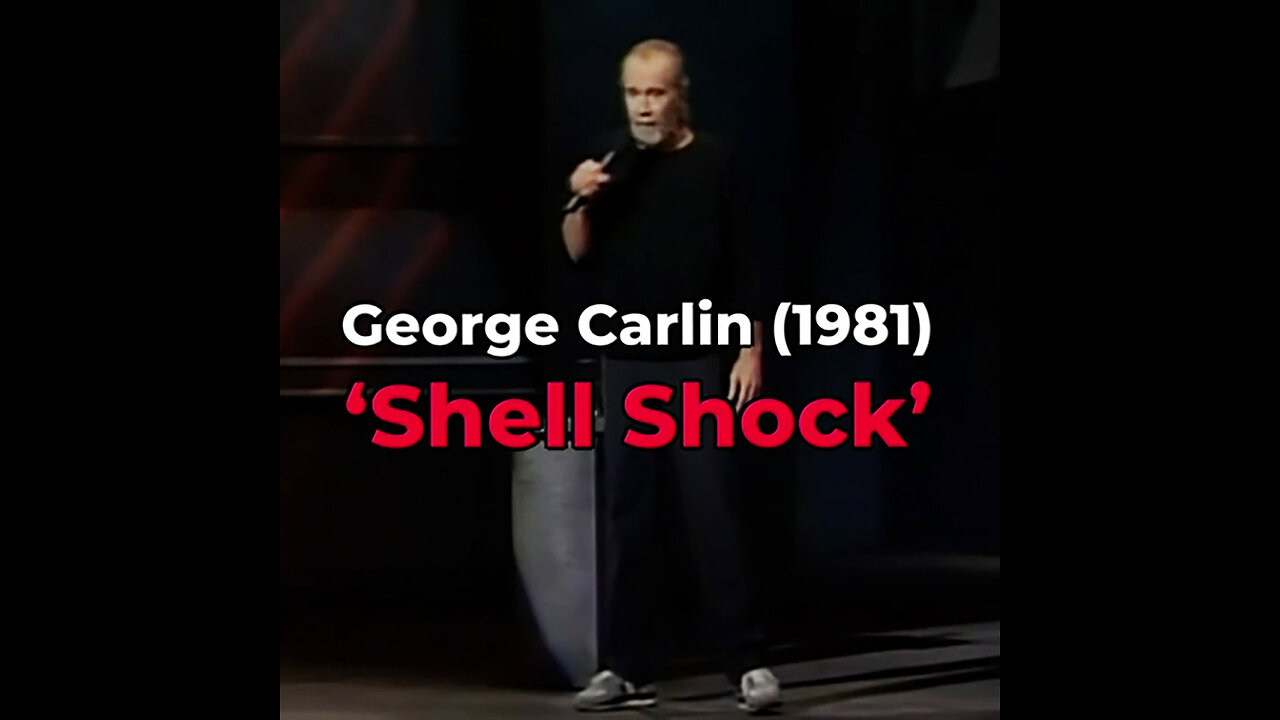
🪖 Language We Use: Euphemisms and Veteran Trauma 🪖
Language We Use: A Call for Clarity in Veteran Trauma Euphemisms
A strong aversion to euphemistic language has emerged, with concerns that it obscures truth and conceals reality. American English is particularly laden with euphemisms, reflecting a societal struggle to confront harsh truths and a preference for softer terminology that distances individuals from reality. This inclination appears to have intensified with each passing generation.
An illustrative example of this phenomenon is the terminology surrounding combat-related psychological trauma. During World War I, the condition was referred to as "shell shock," a simple and direct term that conveyed the gravity of the experience. By World War II, the terminology had evolved to "battle fatigue," which, while longer, diminished the perceived impact. In the Korean War, the phrase transformed to "operational exhaustion," a sterile expression lacking human connection. Finally, during the Vietnam War, the term "post-traumatic stress disorder" emerged, characterized by clinical jargon that deeply buried the emotional pain involved.
Critics argue that had the term "shell shock" remained in use, veterans of the Vietnam conflict might have received the timely care they needed. There is a growing call for clearer, more straightforward language that accurately reflects human experiences, as words hold significant power in shaping understanding and promoting healing. 🗣️✨
Source: George Carlin (deceased) Creative editing as commentary.
🔘 https://truthsocial.com/@Muve2Go
🔘 https://truthsocial.com/@WarCats
🔘 https://x.com/MUVE2GO
🔘 https://ko-fi.com/muve2go/gallery
🔘 http://warcats.shop
🔘 http://t.me/WarCatsWarriors
#LanguageMatters #TruthInWords #Euphemisms #ClarityInCommunication #MentalHealthAwareness #CombatTrauma #ShellShock #PTSD #VeteranSupport #SocietalReflection #HealingThroughTruth #HonestLanguage #StopTheStigma #MentalHealthMatters
-
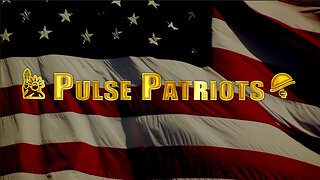 1:33:04
1:33:04
Pulse Patriots
3 days agoCCP Ambition: A 100-Year Plan for Global Dominance, Part Two
211 -
 1:11:52
1:11:52
Omar Elattar
9 hours agoThe Ex-Marine Millionaire: "How I Turned My $26K in Savings to $70M at 35!"
23.5K2 -
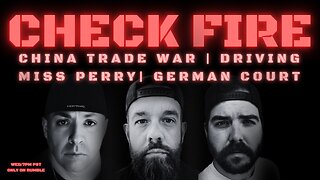 LIVE
LIVE
I_Came_With_Fire_Podcast
12 hours agoChina Trade War | Driving Miss Perry | German Court
413 watching -
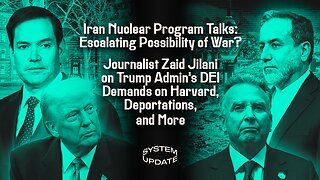 1:37:07
1:37:07
Glenn Greenwald
5 hours agoAre We Moving Towards War With Iran? PLUS: Zaid Jilani on the El Salvador Deportations and Harvard’s Fight Against Trump | SYSTEM UPDATE #440
99.2K50 -
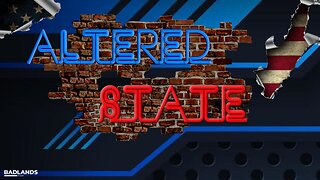 1:42:53
1:42:53
Badlands Media
20 hours agoAltered State S3 Ep. 24: Letitia James Exposed, Harvard's Fall from Grace, and the Woke Hollywood Implosion
49.3K12 -
 LIVE
LIVE
SpartakusLIVE
6 hours agoCustoms w/ Stonemountain64 || Regular WZ DUBS to follow
141 watching -
 4:53
4:53
Esports Awards
17 hours agoG2 JAWGEMO destroys T1 at the MASTERS GRAND FINAL | Esports Play of the Month March
8.47K -
 56:44
56:44
BonginoReport
8 hours agoMusk Baby Mama’s Media Blitz Is Embarrassing - Nightly Scroll w/Hayley Caronia (Ep.28) - 04/16/2025
144K83 -
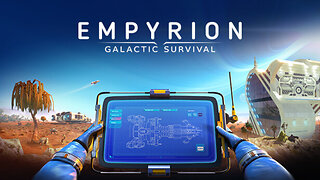 LIVE
LIVE
Misfit Electronic Gaming
7 hours ago $0.01 earned"LIVE" NewPlanet=Lots of food+DinoAliens "EMPYRION" Day 7 Jokeuhl NubesAlot2 & "Void Train"
15 watching -
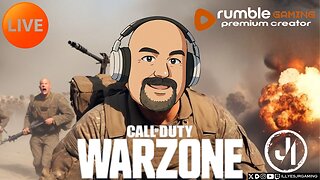 3:15:41
3:15:41
Illyes Jr Gaming
4 hours agoThis Is Gonna Be Something!?!??!
14.1K